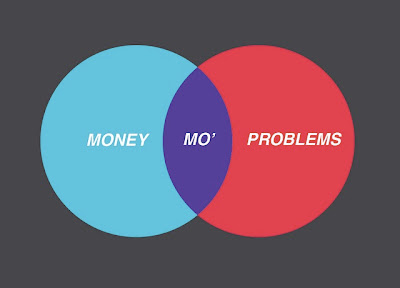PRODUCTION TIPS: 3 Tips to Working With a Tight Budget
Filmmakers, no, you will not go to jail for bankruptcy. Fraud on the other hand... It is difficult to plan ahead and come up with the perfect budget for a film but the allure of making a film can not be denied. And so, the filmmaker plods ahead come what may to make that film. But for low-budget indie filmmakers all it takes is one misbudgeted item to derail the whole project. So when you gotta make that film even if you lack enough funds then you must be efficient and flexible to make it to the finish line. Here are 3 tips to get there: ATTRACT TALENT WITH PARTNERSHIPS Find the best Writer, Protagonist Actor/Actress, DP, Sound Mixer, Line Producer / Production Manager, Lawyer and Editor you can afford. Develop a professional relationship and friendly rapport with them. Think long term. If you can't afford their fees, put together a compensation package that is more than just credit and deferred compensation. Even low pay is better than nothing. Some other forms of comp...

